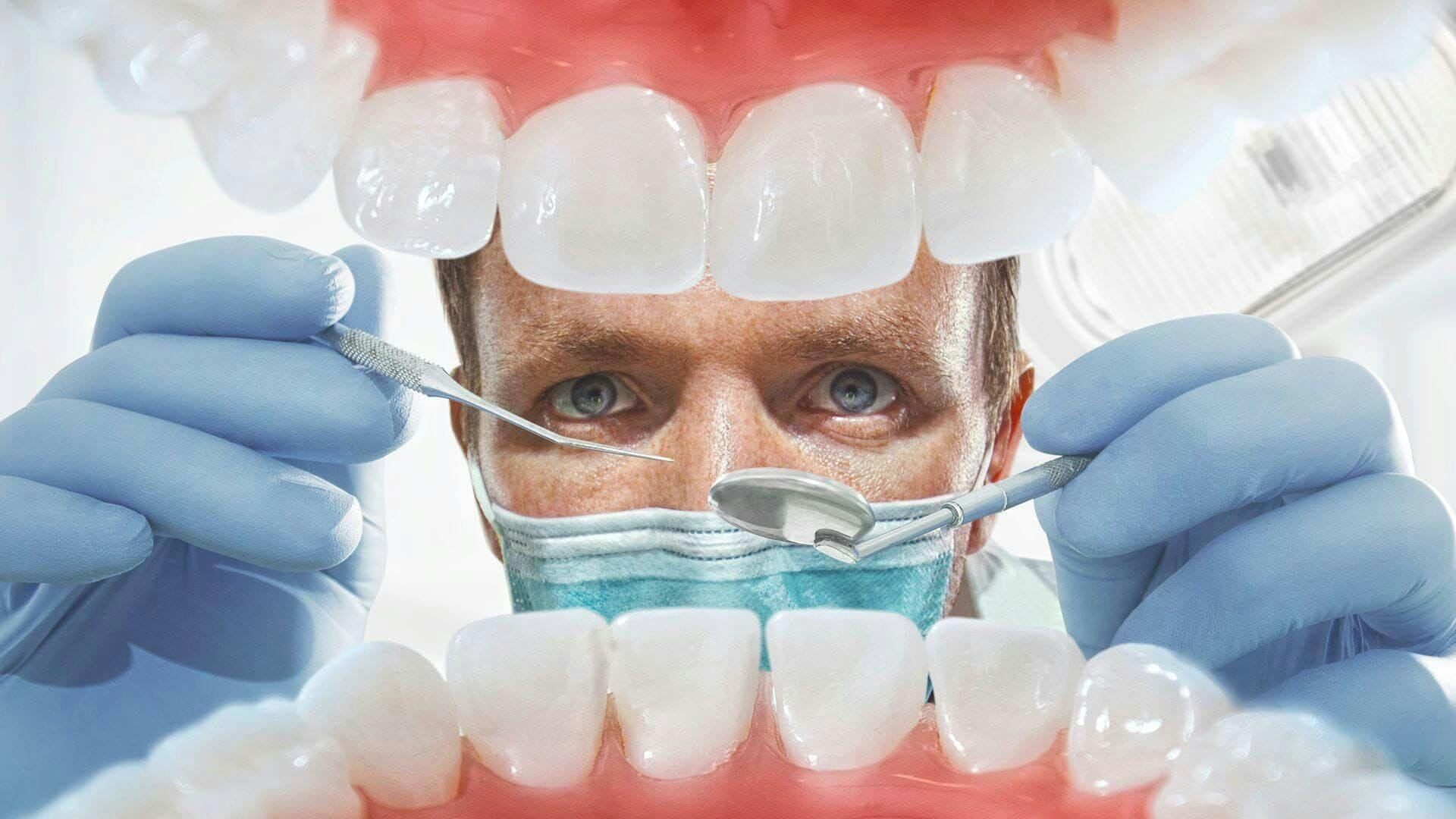Meet Your Pleasant Neighborhood Dentist Eugene OR and Their Providers
Meet Your Pleasant Neighborhood Dentist Eugene OR and Their Providers
Blog Article
Learn About Regular Oral Problems Your Dental Professional Can Resolve
Understanding constant dental concerns is critical for keeping optimum oral health and wellness. Concerns such as tooth cavities, gum tissue disease, tooth sensitivity, foul breath, and dental caries are typical yet commonly forgotten up until they become serious. Dentists possess the proficiency to identify and treat these problems, thus stopping more complications. Routine dental sees and personalized treatment strategies can attend to these issues efficiently, guaranteeing a much healthier and brighter smile. Yet what particular treatments do dentists employ to battle these problems, and how can early treatment make a difference? The solution to these questions offer important insights into securing your dental health and wellness.
Cavities
Cavities, likewise known as cavities, are a prevalent oral wellness issue triggered by the demineralization of tooth enamel due to acid production from bacterial plaque. This process begins when microorganisms in the mouth metabolize sugars and starches from food, generating acids that erode the enamel. If not resolved quickly, this disintegration can pass through deeper right into the tooth, influencing the dentin and at some point the pulp, potentially bring about severe pain and infection.
The onset of cavity development often present as white spots on the tooth surface, suggesting first demineralization. As the procedure progresses, these spots can create into black or brown sores, representing more comprehensive degeneration. Routine dental check-ups are crucial for early discovery, as cavities in their nascent phases can be treated with remineralization methods, such as fluoride treatments.
Once a cavity has actually developed, restorative treatment is necessary. Dental experts generally remove the corroded part of the tooth and fill up the tooth cavity with products such as composite material, amalgam, or ceramic. In more severe instances, a crown or root canal therapy may be required. Safety nets, including great oral health practices and dietary adjustments, play a crucial function in reducing the risk of dental caries.
Gum Disease
While dental caries stand for a considerable worry for dental wellness, an additional important issue that demands interest is gum tissue condition. Also referred to as gum disease, periodontal condition is an inflammatory condition affecting the tissues bordering and sustaining the teeth. It is primarily brought on by the build-up of plaque-- a sticky movie of bacteria that bases on teeth.
Gum disease proceeds with stages, starting with gingivitis, defined by soreness, swelling, and bleeding gums (dentist eugene or). If left neglected, gingivitis can intensify to periodontitis, where the internal layer of the gum and bone retreat from the teeth, creating pockets that end up being infected. In time, the toxic substances created by the bacteria break down the bone and connective cells that hold teeth in position, potentially resulting in missing teeth
Very early detection and treatment are crucial. Specialist oral cleansings and improved oral hygiene methods, such as cleaning two times daily and flossing, can handle gingivitis. For advanced stages, treatments might include scaling and root planing, anti-biotics, or perhaps medical treatments.
Regular oral check-ups play a pivotal duty in avoiding and managing gum tissue illness. Dental professionals can identify very early signs and advise suitable interventions, making certain the maintenance of healthy gums and general dental health and wellness.
Tooth Level Of Sensitivity
Tooth level of sensitivity affects millions of individuals worldwide, presenting a common yet usually distressing dental problem. This condition arises when the enamel, the outermost safety layer of the teeth, is endangered, disclosing the underlying dentin. The dentin consists of microscopic tubules that lead straight to the dental pulp, where nerves reside. When exposed to stimuli such as hot, cold, pleasant, or acidic materials, these nerves are set off, triggering sharp discomfort or discomfort.
A number of variables add to enamel disintegration and subsequent tooth level of sensitivity, consisting of hostile brushing, acidic foods and beverages, periodontal economic crisis, and bruxism (teeth grinding) In addition, dental treatments such as teeth lightening can momentarily enhance level of sensitivity.
Negative Breath
An additional widespread dental problem that influences people' day-to-day lives is poor breath, clinically labelled bad breath. Bad breath typically stems from poor oral hygiene, which enables food particles to continue to be in the mouth, cultivating microbial growth.

Referrals may entail improving oral health techniques, such as routine cleaning and flossing, making use of antibacterial mouth washes, staying moisturized, and resolving any oral issues. Efficient monitoring of halitosis not just boosts oral wellness yet likewise considerably enhances top quality of life.
Dental Cavity

Avoiding dental caries involves a combination of great oral health techniques and normal oral examinations. Cleaning teeth at the very least twice daily with fluoride toothpaste, flossing to eliminate plaque in between teeth, and limiting the intake of sweet foods and drinks are essential precautionary measures. Fluoride therapies, dental sealants, and professional cleansings offered by a dentist can likewise play a substantial function in fortifying enamel and preventing decay.
Dental experts can eliminate decayed tissue and bring back the tooth article source with dental fillings made from materials such as composite resin, amalgam, or porcelain. By addressing tooth decay immediately, dentists help protect dental structure and function, guaranteeing lasting dental health.
Final Thought
Addressing common dental issues such as cavities, periodontal illness, tooth level of sensitivity, foul breath, and dental caries is essential for maintaining ideal dental health and wellness and general well-being. Dental professionals possess the experience to diagnose and deal with these issues effectively, making certain customized look after each individual. Regular oral check-ups and precautionary steps are necessary in determining and handling these worries early, advertising a much healthier and a lot more positive smile over a lifetime.

Tooth degeneration, likewise known as oral decays, happens when the enamel, the outermost layer of the tooth, is eroded by acids created by microorganisms in the mouth. Cleaning teeth get redirected here at the very least two times daily with fluoride toothpaste, flossing to eliminate plaque in between teeth, and limiting the consumption of sweet foods and beverages are crucial preventive steps.Attending to typical oral concerns such as cavities, gum disease, tooth sensitivity, negative breath, and tooth degeneration is important for keeping ideal oral health and general well-being.
Report this page